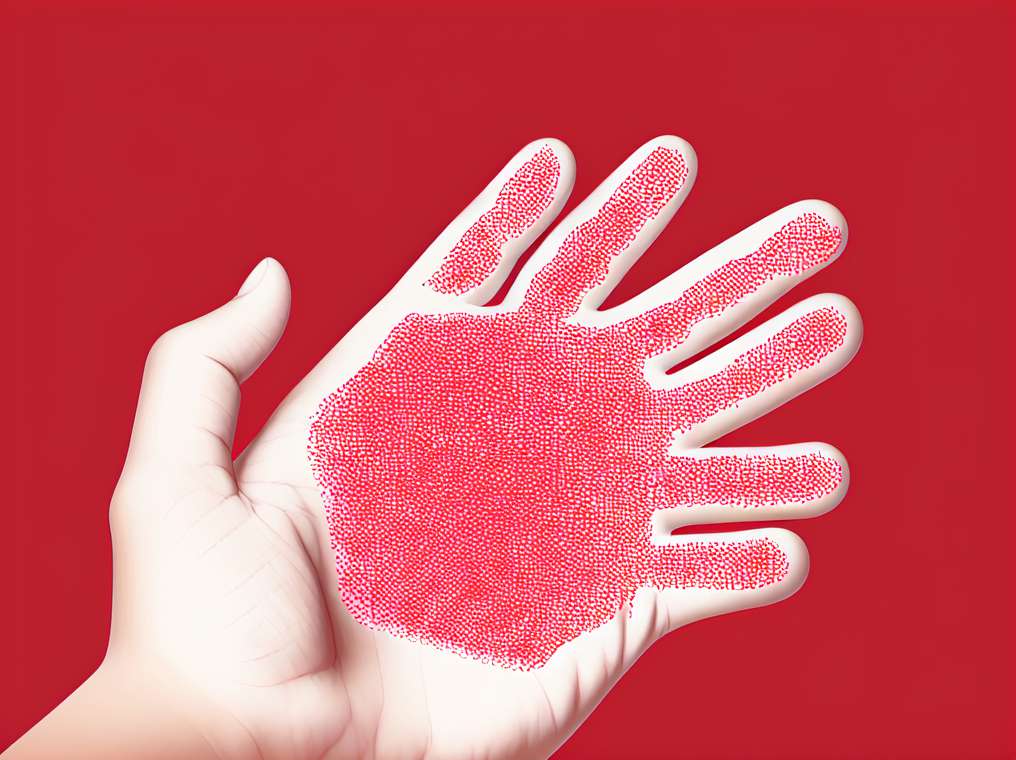Inflammation of lymph nodes, danger of cancer
April 2024

Measles is back in Mexico.
Data from the World Health Organization (WHO) reveal that during the year to date 2018 imported cases have been reported in eight countries of the Americas: Antigua and Barbuda (1), Brazil (8), Canada (3), United States of America (11), Guatemala (1), Mexico (1), Peru (1) and Venezuela (159).
The National System of Epidemiological Surveillance (SINAVE) identified in Mexico City, three cases, the first corresponds to a 39-year-old woman of Italian origin, resident of the Benito Juárez Delegation; the second to a child under one year of age, the son of the woman of 39, and the third case corresponds to a 48-year-old woman, who takes care of the child, the latter is a resident of the Tlalpan Delegation.
The three indicated cases were confirmed by the Institute of Epidemiological Diagnosis and Reference (InDRE) and are currently asymptomatic.
According to the Pan American Health Organization, these cases are associated with import, that is, the infection was caused by an infected person who came from outside the country (not yet identified).
By contact with droplets from the nose, mouth or throat of an infected person.
It spreads easily from person to person and causes a red-colored skin rash with spots. This rash usually starts in the head and descends to the rest of the body. Other symptoms may include:
Sometimes, measles can lead to serious problems. Although there is no treatment, the measles-mumps-rubella (MMR) vaccine can prevent it.
The Secretariat of Federal Health and Health Services of Mexico City are carrying out actions of promotion, prevention, vaccination and control of the disease.
Know what measles is in this article: measles
Know the vaccine that is used for the prevention of measles: triple viral vaccine
